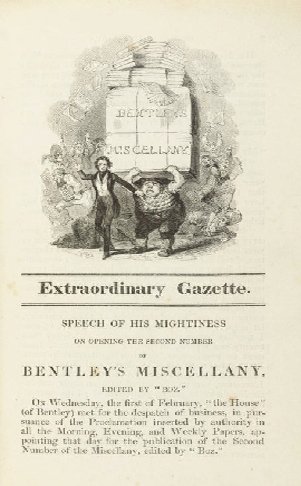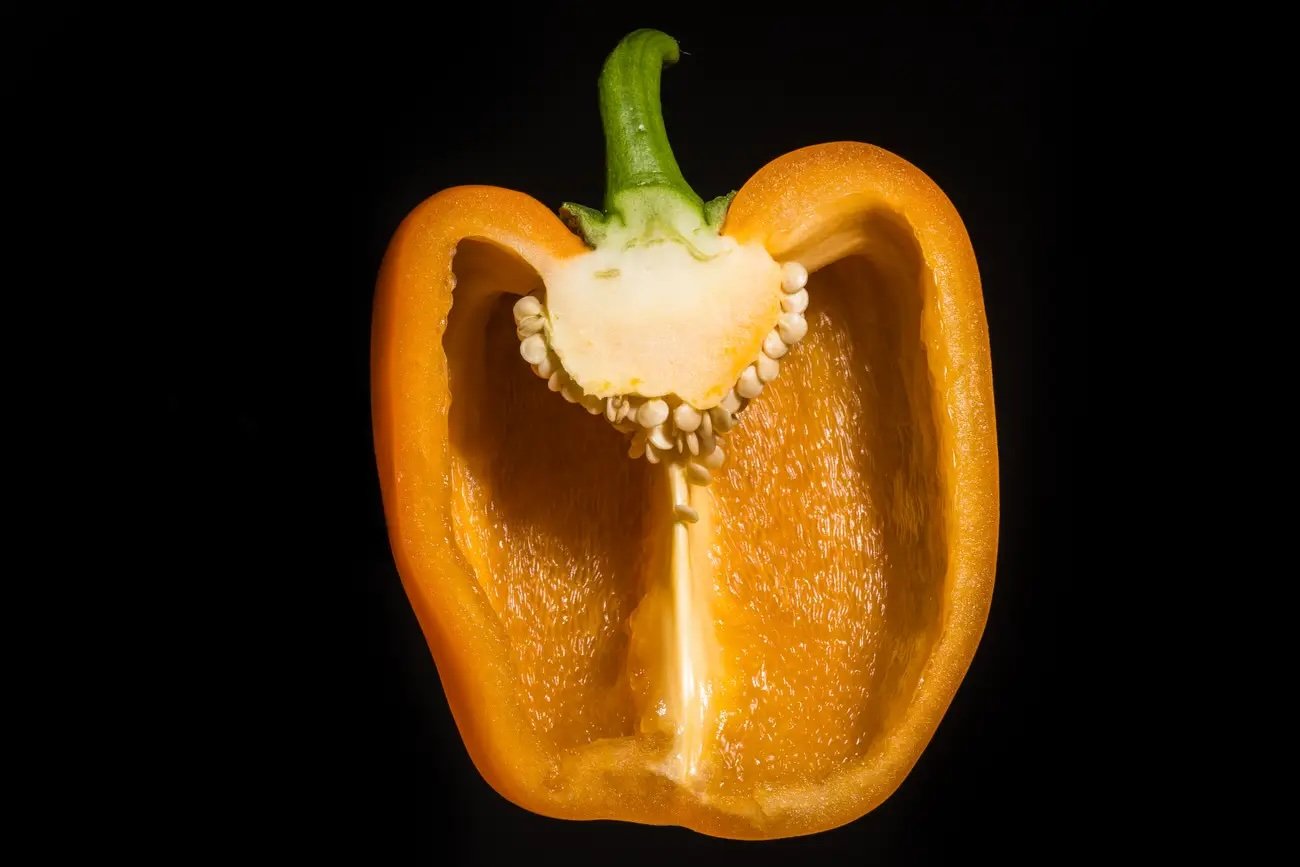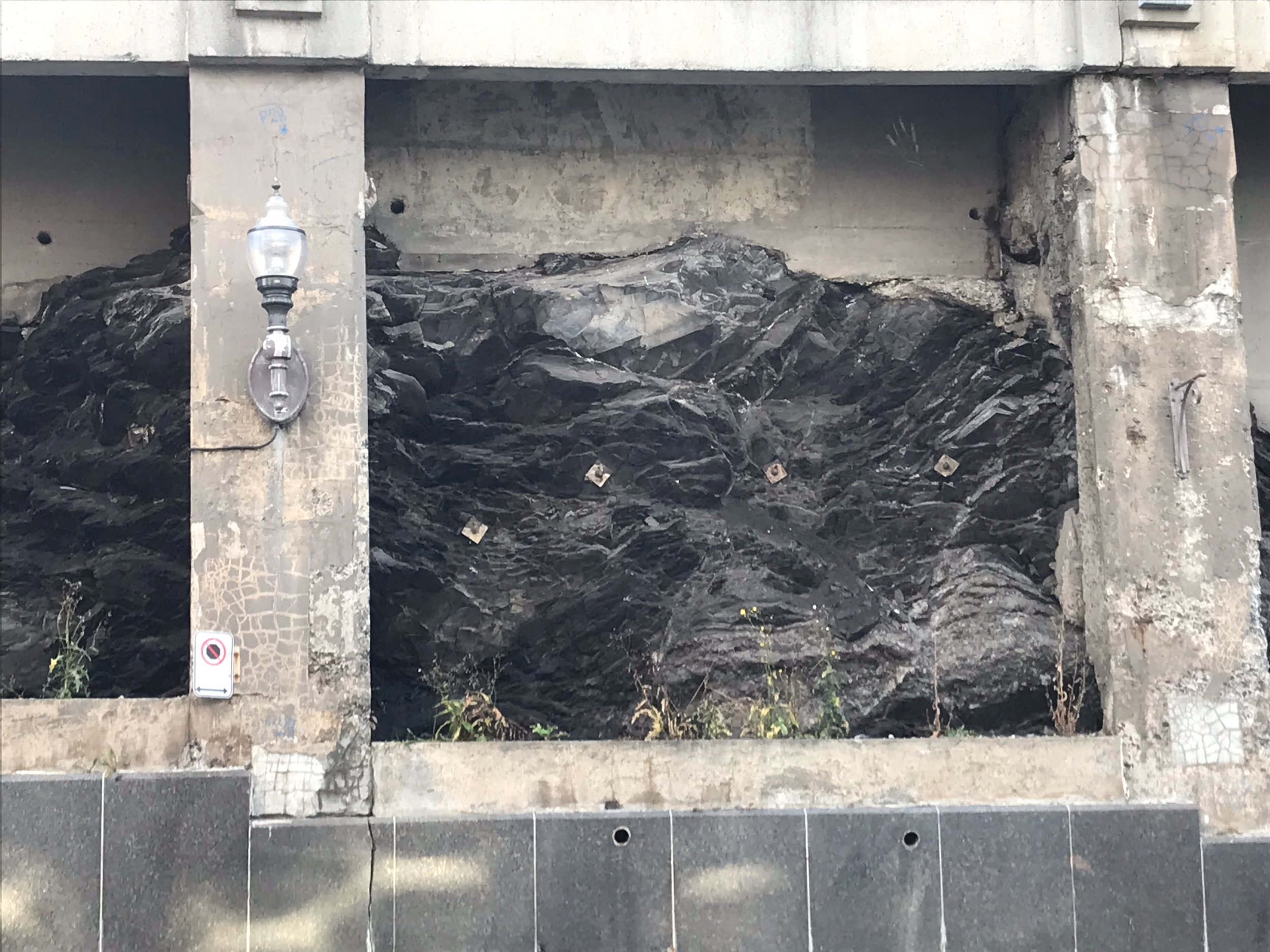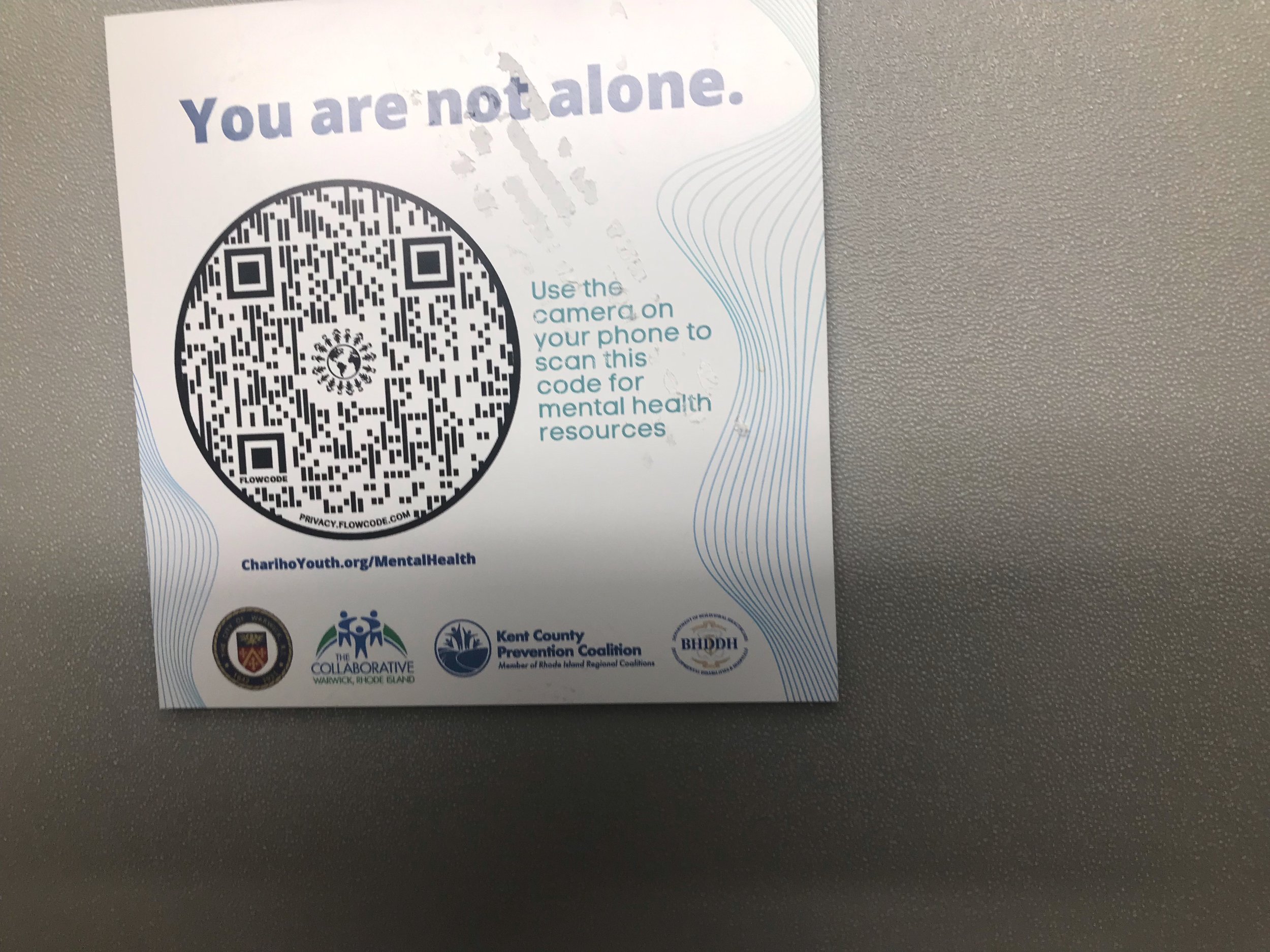Tending the Garden
The NYTimes article caught my eye: The Health Benefits of Gardening. While I have always espoused and stated that being outside in nature and mucking about in the garden is good for us, it is nice to have validation through different research studies. The benefits make sense, especially to anyone who has worked in a garden: increases physical health- all that raking, shoveling, toting, digging, bending; increases well-being- feeling a sense of purpose, meaning; fostering connection- to one another (especially in community gardens or gardening clubs) and to nature; lowering cortisol (stress hormone); bolsters immunity- getting one’s hands dirty and the exposed microbes.
I love to garden. I love to see things grow. But most of all, I think I just like to play in the dirt.
In moving to a new home, I have been thinking about what type of garden I would like to have. We have finished most of our indoor renovations and it is time to focus my attention on the outside. The house is over 100 years old and is in New England. I have always been partial to cottage gardens and while the house isn’t exactly cottage looking, it does have that certain feel to it.
I decided to make a small cottage garden in the front yard. Last year I was able to put that in. Surprisingly, it is not doing too poorly in a year’s time. This year, I plan to have our veg patch and some herbaceous borders in the side yard as that gets the best sun. While I have always been a “gardener” (very loosely stated since, as I have said, I really just play in the dirt), our previous home was quite shady and so I could never grow any vegetables.
This side yard is quite sunny. We’ve put in some raised vegetable beds. One of the local nurseries offers a CSA (community supported agriculture) with seedlings rather than the typical harvested fruit or vegetable. We received seedlings in April (cool weather crops), May (warm weather crops) and will receive some in August (fall crops). So far, so good. We have enjoyed lettuce and some of the herbs. Broccoli is coming along and the peas will need to be picked sometime this week. I can’t say that we have had a high yield, but we haven’t had the million dollar tomato either- You know how it goes, you spend lots of time, effort and money for plants, soil, containers and all you receive for your labors is one pathetic tomato.
What tickles me each and every time I tend to the garden are the lessons learned:
It is easier to pull out a small pokeberry weed than one that has been established.
Some seedlings have similar characteristics as the adult plant-in the way it looks or smells.
Certain seedlings, are hard to tell what they will develop into. Rest assured they will be weeds.
Some people’s weeds are others’ perennials.
If you do not mark a plant, you will forget what was planted there by the next season, or even the next week.
Pruning and cutting out dead wood is necessary for healthy plants.
Plants (dividing) and its “offspring” (fruit, blossoms, veg)- need to be shared. Not only is it healthier for the plant, it is healthy for the giver and receiver.
Deadheading and tidying up the garden throughout the garden season keeps the garden looking fresh.
Plants need a good beginning: healthy soil, water, sun, space (not too crowded).
Consistent watering is key.
Different plants have different growing requirements. The right plant in the right location will thrive.
Mulch covers a multitude of sins.
I like the word tend: to watch over; pay attention; stand by in readiness to prevent mischance; serve, cultivate; foster. In the archiac meaning, tend was to listen. Tending a garden makes me think of the word tender- that we are gentle and caring for the little patch of the world within our care.
But I also wonder what the world would look like if we tended to the large garden we call earth. To be tender to all the inhabitants- not just the flora and fauna but the animals and people. What if we really listened to those around us? Paid attention? Are we willing to stand by in readiness to prevent mischance happening to our neighbors or community? Do we watch over the people in our care?
What about you? Are you a gardener? What have you learned?
For all the jokes about oldest professions, gardening is the oldest. Adam and Eve were given charge over the earth. Not to abuse the earth through careless decisions but to be stewards of it- seeing to the well-being of all that lives and grows on it. All that we have developed as human kind is a marvel but I can’t help wondering if we have removed ourselves too much from the natural world. Perhaps all of us should, in our own way, begin tending to garden.

























